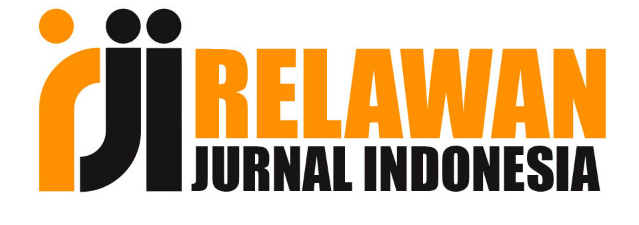Cooperative Learning Strategy Using Jigsaw Model in Nushus Learning of IDIA Students
Abstract
Keywords
References
Ali, A. Z. (2020). Konsep Tabligh Majelis Kiai dalam Menjaga Keutuhan Negara Kesatuan Republik Indonesia (NKRI) (Studi Kasus di Pondok Pesantren Al- Amien Prenduan Sumenep Madura). Bayan Lin Naas, 4(1).
Arikunto, S. (2006). Prosedur Penelitian Suatu Pendekatan Praktik. PT Rineka Cipta.
Handayama, J. (2016). Metodologi Pengajaran. Bumi Aksara.
Isjoni. (2009). Pembelajran Kooperatif Meningkatkan Kecerdasan Komunikasi antar Peserta Didik. Pustaka Belajar.
Jamarah, & Bahri, S. (2011). Psikologi Belajar. Rineka Cipta.
Karta, I. W., Rachmayani, I., & Rasmini, N. W. (2021). The Influence of Cooperative Learning Through Authentic Assessment-Based Jigsaw on Social Development of Early Childhood. Journal Pendidikan Indonesian (JPI), 10(4). https://doi.org/https://doi.org/10.23887/jpi-undiksha.v10i4.34353
Lubis, N. A., & Harahap, H. (2016). Pembelajaran Kooperatif Tipe Jigsaw. Jurnal As-Salam, 1(1). https://jurnal-assalam.org/index.php/JAS/article/view/48
Moleong, L. J. (2008). Metodologi Penelitian Kualitatif. PT Remaja Rosdakarya.
Nugrahani, F. (2014). Metode Penelitian Kualitatif dalam Penelitian Pendidikan Bahasa. PT Gramedia Widiasarana Indonesia.
Raco., J. R. (2010). Metode Penelitian Kualitatif: Jenis, Karakteristik dan Keunggulannya. PT. Gramedia Widiasarana Indonesia.
Subiyantari, A. R., & Muslim, S. (2019). The Effectiveness of the Cooperative Learning Model of Jigsaw Type on the Results of Students Learned from Skills Critical Thinking of Vocational Schools. Proceedings of the 1st Vocational Education International Conference (VEIC 2019).
Sudjana, N. (2002). Penilaian Hasil Proses Belajar Mengajar. Remaja Rosdakarya.
DOI: 10.28944/maharot.v7i1.1113
Refbacks
- There are currently no refbacks.

This work is licensed under a Creative Commons Attribution-NonCommercial-ShareAlike 4.0 International License.






